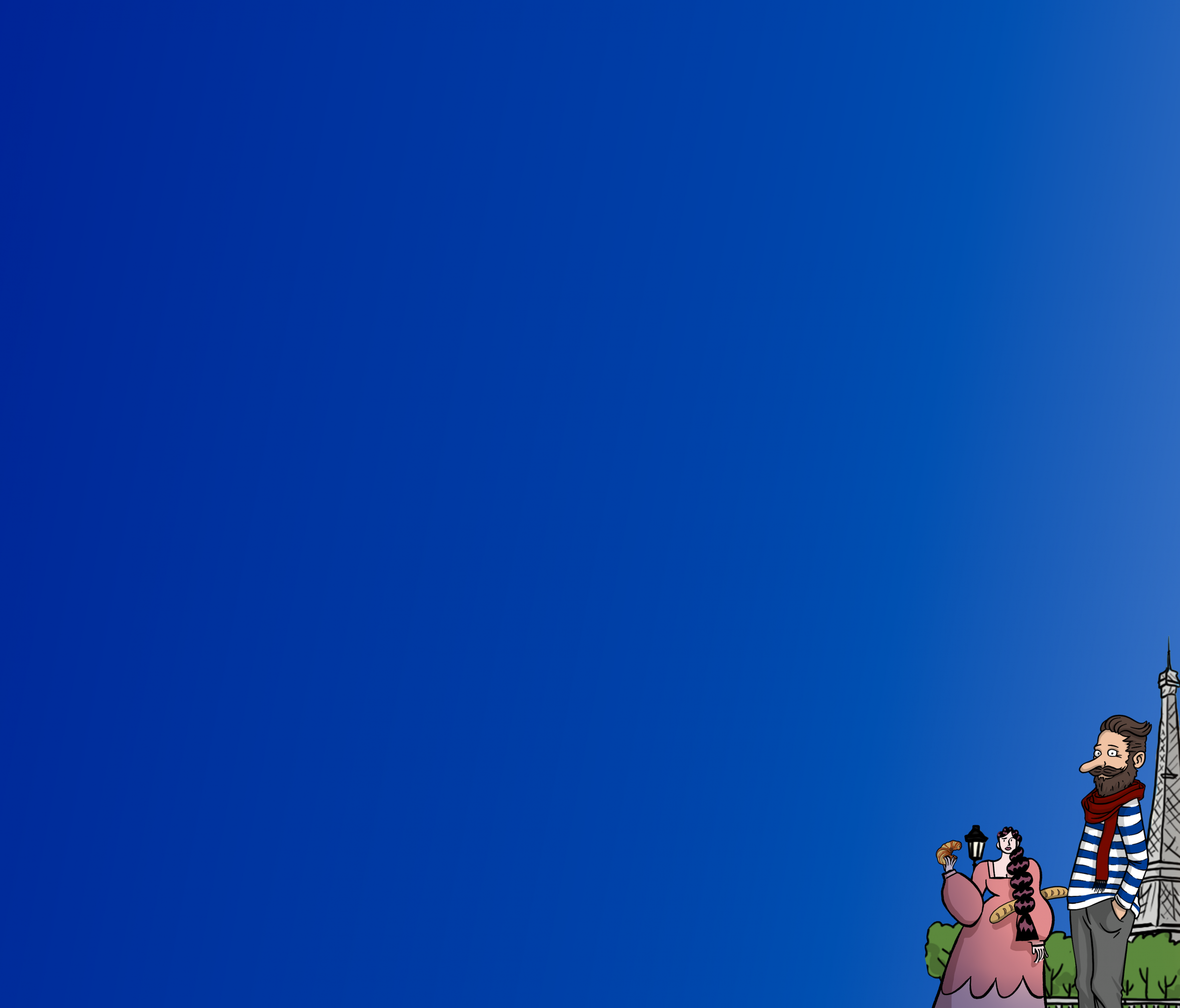Forming the perfect tense with être
Reminder: The perfect tense of most verbs is made up of avoir + past participle.
Yesterday, I watched television.
We use être être, présent + past participle for certain verbs, in particular some verbs indicating movement.
Examples: aller (to go), arriver (to arrive), venir (to come), partir (to leave).
Rayan went to Brussels.
When using être, the past participle always agrees with the subject:
Théo arrived at the station.
Anna left at 9 a.m.
Anna and Nadia arrived yesterday.
Théo and Anna left last Thursday.
The negative form looks like this: subject + ne/n' + être (in the present tense) + pas + past participle.
I went on vacation. → I didn't go on vacation.
Note: We also use être + past participle with reflexive verbs.
Examples: se laver (to get washed), se coucher (to go to bed), s'habiller (to get dressed).
Nadia went to bed late last night.
Still having trouble with 'Forming the perfect tense with être'? Master the rules of French grammar and improve your French level thanks to our online French lessons Frantastique. We're offering a 7-day free trial, so what are you waiting for?
What our users say:
Looking to improve French for beginners? Frantastique provides effective and fun training!
Tips for learning 'Forming the perfect tense with être'? Share them with us!

